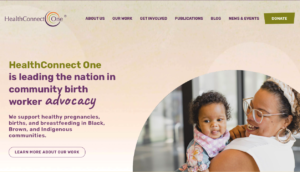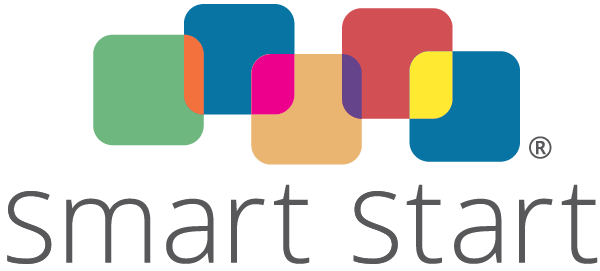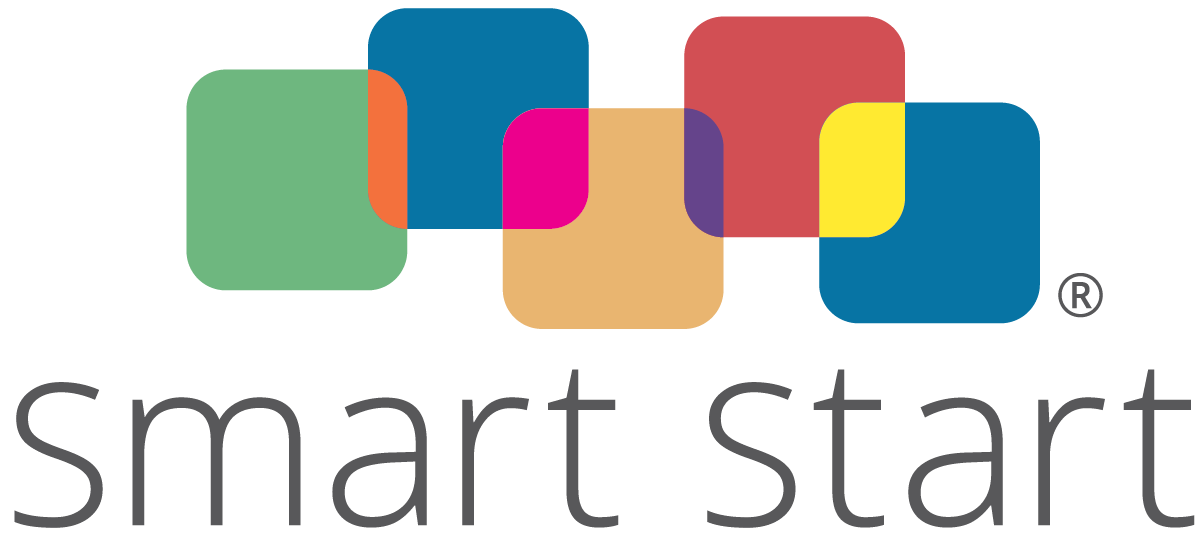Improving Black Maternal Health in North Carolina is Critical
Smart Start Recognizes the Impact of Community Based Doulas
We must continue to reduce health inequities for black children and their families.
We must do better.
 Smart Start’s mission is to advance a high quality, comprehensive, accountable early childhood system that benefits each child in North Carolina beginning with a healthy birth. However, as we head into Black Maternal Health Week, April 11th – 17th, we are reminded that the work to reduce health inequities for black birthing people still has a long way to go. Health disparities across the United States continue to worsen due to systemic racism.
Smart Start’s mission is to advance a high quality, comprehensive, accountable early childhood system that benefits each child in North Carolina beginning with a healthy birth. However, as we head into Black Maternal Health Week, April 11th – 17th, we are reminded that the work to reduce health inequities for black birthing people still has a long way to go. Health disparities across the United States continue to worsen due to systemic racism.
In North Carolina, where do we stand?
- According to the 2022 March of Dimes report card, which highlights the latest key indicators to describe and improve maternal and infant health, North Carolina received a D.
- The preterm birth rate among Black women is 52% higher than the rate among all other women (March of Dimes).
- The infant mortality rate for non-Hispanic Black women is 4 times higher than that for non-Hispanic white women (NCDHHS, 2019).
- The pregnancy-related mortality ratio for non-Hispanic Black mothers continues to be 8 times that of non-Hispanic white mothers (Foundation for Health Leadership & Innovation).
One of the ways Smart Start is working to improve maternal and infant health outcomes is by providing funding for a Community Based Doula program. Through a comprehensive review of the most rigorous research to date, the Prenatal-to-3 Policy Impact Center at Vanderbilt University has identified community-based doulas as a proven state strategy to improve outcomes for mother and child.
Smart Start has Added HealthConnect One
 Smart Start has added the HealthConnect One Community Doula Model to our catalog of funded programs.Smart Start Local Partnerships will be able to better meet the needs of their communities with the option to fund the Community Doula Model.
Smart Start has added the HealthConnect One Community Doula Model to our catalog of funded programs.Smart Start Local Partnerships will be able to better meet the needs of their communities with the option to fund the Community Doula Model.
A Doula is a “trained professional who provides continuous physical, emotional and informational support to their client before, during and shortly after childbirth to help them achieve the healthiest, most satisfying experience possible” (DONA). Community-Based Doulas “provide culturally sensitive pregnancy and childbirth education, early linkage to health care, and other services like labor coaching, breastfeeding support, and parenting education… [they] are often of and from the same communities as their clients and considered peers who bridge language and cultural barriers to pregnancy care and education” (HealthConnectOne).
The Evidence is Clear
Evidence indicates that community-based doulas positively impact parental wellness, child-parent relationships, and child health and development. These positive outcomes include increased attendance at medical appointments and childbirth education classes, increased breastfeeding initiation, decreased rates of preterm birth and low birthweights, and more.
The non-clinical care provided by community-based doulas can have a positive impact on expectant mothers – the emotional, physical, and informational support provided by a doula can empower them to navigate a complicated medical system and advocate effectively for their needs.
The evidence is clear that, as a member of a comprehensive system of maternal care, a community-based doula is effective at improving outcomes.


